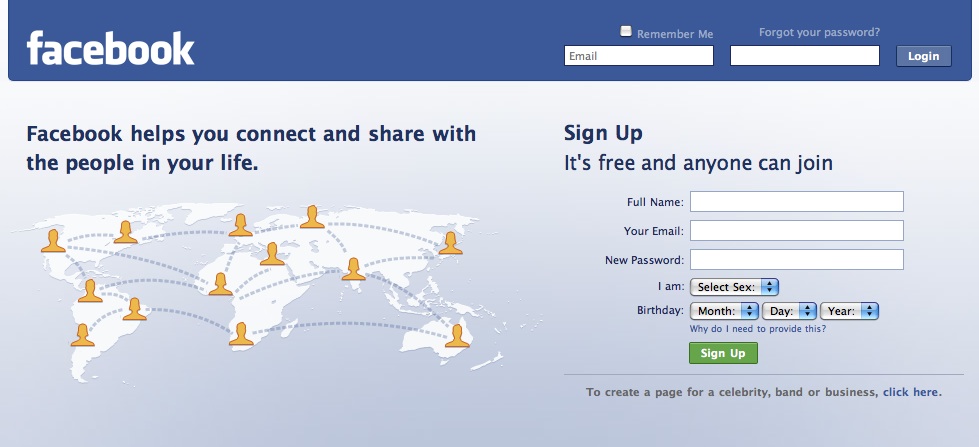
On Thursday, Oct. 10, Facebook announced that the site is making a privacy policy change by discontinuing an old search setting that prevents some users’ profiles from appearing on the search listings.
Concerns over violation of privacy have arisen as a result of the policy, as all users’ profiles are now able to be found through a simple profile search. According to Chief Privacy Officer Michael Richter of Facebook, however, “it [is] even more important to control the privacy of the things you share rather than how people get to your Timeline.”
This update may mean that users will have to individually block profiles and posts to remain hidden from others. Nevertheless, Facebook’s staff is assuring its users that the change is not intended to reduce privacy.
Richter explained, “the [previous] setting … made Facebook’s search feature feel broken at times.” Richter said, “People told us that they found it confusing when they tried looking for someone who they knew personally and couldn’t find them in search results, or when two people were in a Facebook Group and then couldn’t find each other through search.”
The old option — “Who can look up your Timeline by name?” — used to provide users the opportunity to be unfindable through the site’s search bar. Now, anyone’s profile can be found by any of Facebook’s billion-plus users. For users to control who views their profiles, they are able to adjust each post’s settings so it is visible only to a designated group. General groups of people may consists of all the user’s friends, friends of the user’s friends or a custom group.
According to Richter, “the best way to control what people can find about you on Facebook is to choose who can see the individual things you share.” Facebook will take measures to notify users who make public posts to alert them that strangers may be able to see their activity.
North Hollywood High Junior Tim Kim said, “I don’t have a problem with that. People should have self-control when they’re posting things on social networking sites, anyway. Anything private should be kept in person-to-person chats and emails so they don’t show in name searches like that.”
“You don’t even have that much privacy [under the previous system],” Kim added. He concluded, “There might be an uproar about privacy coming from uninformed people who think their timelines are the most secure places on the Internet…, but the real effect will not be drastic.”
Yet others are concerned with some aspects about privacy that may have been overlooked. Loyola High Senior Ethan Black said, “Facebook made a bad decision in changing the settings because there are people who don’t want certain people gaining access to their profile. I understand that privacy settings can be changed, but someone can still see the profile picture and full name [of anyone].”
He concluded, “People should be able to choose how accessible they want their profile to be, and making the the profile even more open is just a way of Facebook gaining even more control of the public.”

